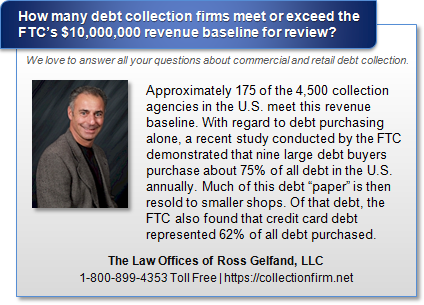 |
| Image courtesy of stockimages / freedigitalphotos.net |
Dave Camp, a Republican Michigan lawmaker who was elected
to Congress in 2012, received a great deal of support from banks during the
2012 elections. However, the chair of
the House Ways And Means Committee has recently turned his back on his
supporters and proposed a bank tax to be collected from U.S. banks. Rep. Dave
Camp’s proposal would increase taxes on banks in such a way that would threaten
the bottom line of major equity players, causing his high finance donors to
balk at the proposal.
In a 2010 speech before the Tax Council, Camp stated, "I
aim to launch and fight the tax reform battle once again. And I am well aware that this might ruffle
those who have used the tax code to benefit particular industries or activities
at the expense of economic efficiency, simplicity, and fairness." With their feathers truly “ruffled,” Bank of
America, Citigroup, Goldman Sachs, J.P. Morgan and other banks have joined
forces to lobby against the tax burden that would directly affect the banking
industry.
For example, the Wall Street Journal recently reported that
Goldman Sachs refused to attend a fundraiser held in March for the National Republican
Congressional Committee due to Rep. Camp’s tax proposal. After being pressured by banks to publicly
denounce the tax plan, 54 Republican lawmakers signed a letter to Rep. Camp
expressing their concerns about the tax.
The concerted effort to join forces and fight increasing
taxation and regulation that could harm the industry’s bottom line is something
ARM insiders should take notice of. As
can be seen in the case of banks, if the ARM industry makes a concerted effort
to protest regulation—including pressuring lawmakers and withholding political
contributions—would it see the same success?
The question is: how much will the industry suffer before we begin
fighting back?



















